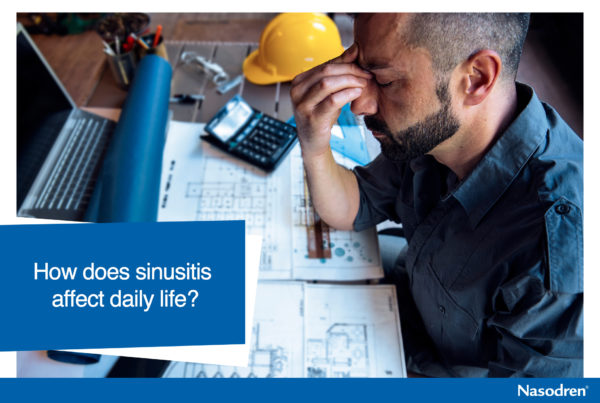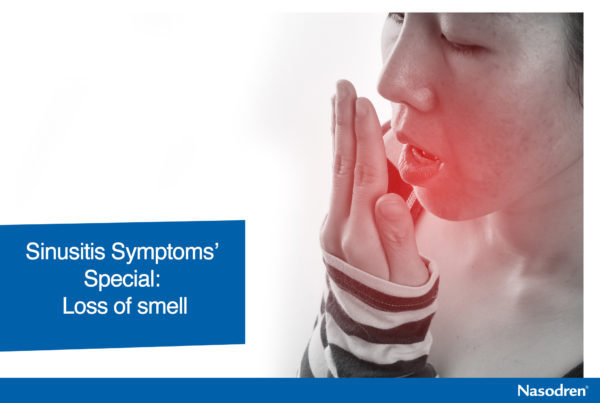Although sinusitis surgery is useful, the surgery is not a panacea for all kinds of sinus diseases. The type and severity of the symptoms should be taken into account while weighing pros and cons of the surgery option. Here is a list of main symptoms that need surgery:
If sinusitis symptoms do not disappear after complete medical treatment, patients having nasal polyposis and rhinosinusitis should consider sinusitis surgery. In such cases, congestion and hyposmia symptoms may reappear even if topical treatment is continued.
If previous surgery on sinus did not work, a second thought is required before recommending another round of sinus surgery. Doctors must review surgical history of the patient in detail. If second round of surgery is required, doctor should ensure that sinus ostia are fully functional and residual disease signs do not occur. However, the patients who have already gone under the knife generally have slightly thick mucosal lining of the sinus even though sinus ostia are open. This thickening is visible in CT scan, but thickening does not always imply presence of sinus infection. Thus, before recommending second round of surgery, doctor should carefully review patient’s response to the treatment and history.
Nasal obstruction is the cardinal symptom for the surgery that ensures complete relief. However, if the nasal obstruction is not a primary symptom, reconsider the surgery decision. Do not operate patients complaining about nasal stuffiness if airflow is not poor.
Patients having pressure and / or pain in the head and / or in the face should be examined carefully to identify the cause of the pain before operation, because pain and pressure may not be attributed to sinusitis. Do not operate these patients, if nasal endoscopy is normal and nasal symptoms are insignificant. If patients having facial pain report purulent discharge during endoscopy, they may require surgery. Surgery may also be useful if nasal obstruction, loss of smell sense or pain worsening during skiing, flying or cold season occurs.
If sense of smell improves after administering oral steroids and then worsens again, surgery may be beneficial. If systemic steroids are administered to a patient who has undergone a sinus surgery and is having anosmia, the patient may not regain smell sense. However, anosmia patient who was never operated and was not benefited by steroids either, ethmoidectomy may be helpful.
The patients may complain about postnasal drip- sensation of extra mucus flowing in the throat- and their inability to clear the throat. This may happen due to normal mucus’ hyperawareness. In such a condition, surgery is of no use.








